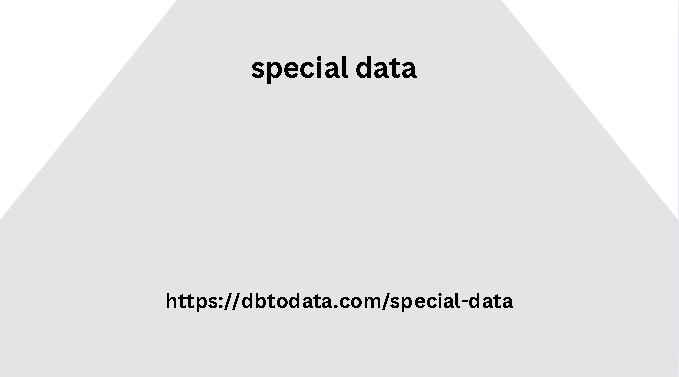This is a great way to confront your feelings about change because it both allows you to verbalize your thoughts and because it helps you sort out what those thoughts actually are. But be careful. Don’t let this conversation turn into a venting session where all you do is complain. Instead, take a cue from our first tip. Focus on what you can control.
Face the change that worries you
Then, shift the discussion to ways you can handle that change more easily. Conversations that focus on solutions are more likely to comfort you and your colleagues than ones that focus solely on the negative effects of change. Take a Vacation Surprisingly, only 3% of respondents said they consider taking a vacation when change or uncertainty begins to dominate the workplace.
Most likely, that’s because many view
This strategy as an avoidance measure, akin to simply staying busy (chosen by only 5% of respondents) or venting (chosen by another 5%). However, taking a vacation can have valuable benefits, as you can use this overseas chinese in usa data time to adjust your mental state and gain perspective on issues at work. You can then return to work with a renewed focus, which often improves morale and productivity.
Of course this isn’t a luxury that everyone can afford.
If you’re new to your role, for example, you email enter your email address like this may not have accumulated the time you need to take a vacation. But even if you can’t leave the office for a few days, you can find ways to unplug from stress and reexamine how your workplace fits into your life and well-being. Consider taking a 15-minute walk outside the office or meditating as a way to temporarily unplug from the stress of work.
Change is hard, but it’s also constant.
To succeed in any organization, public servants must master the tools and strategies to cope with uncertainty. Focusing on issues they can control, discussing unclear situations with colleagues, and taking time out of the office are all valuable tools for coping in uncertain times. GovLoop conducts weekly polls on our website. Be sure to check back each we tg data ek and provide your input so we can learn more about public servants and their strategies.

